Beyond the Battlefield: India Moves to Cripple Pakistan Economy
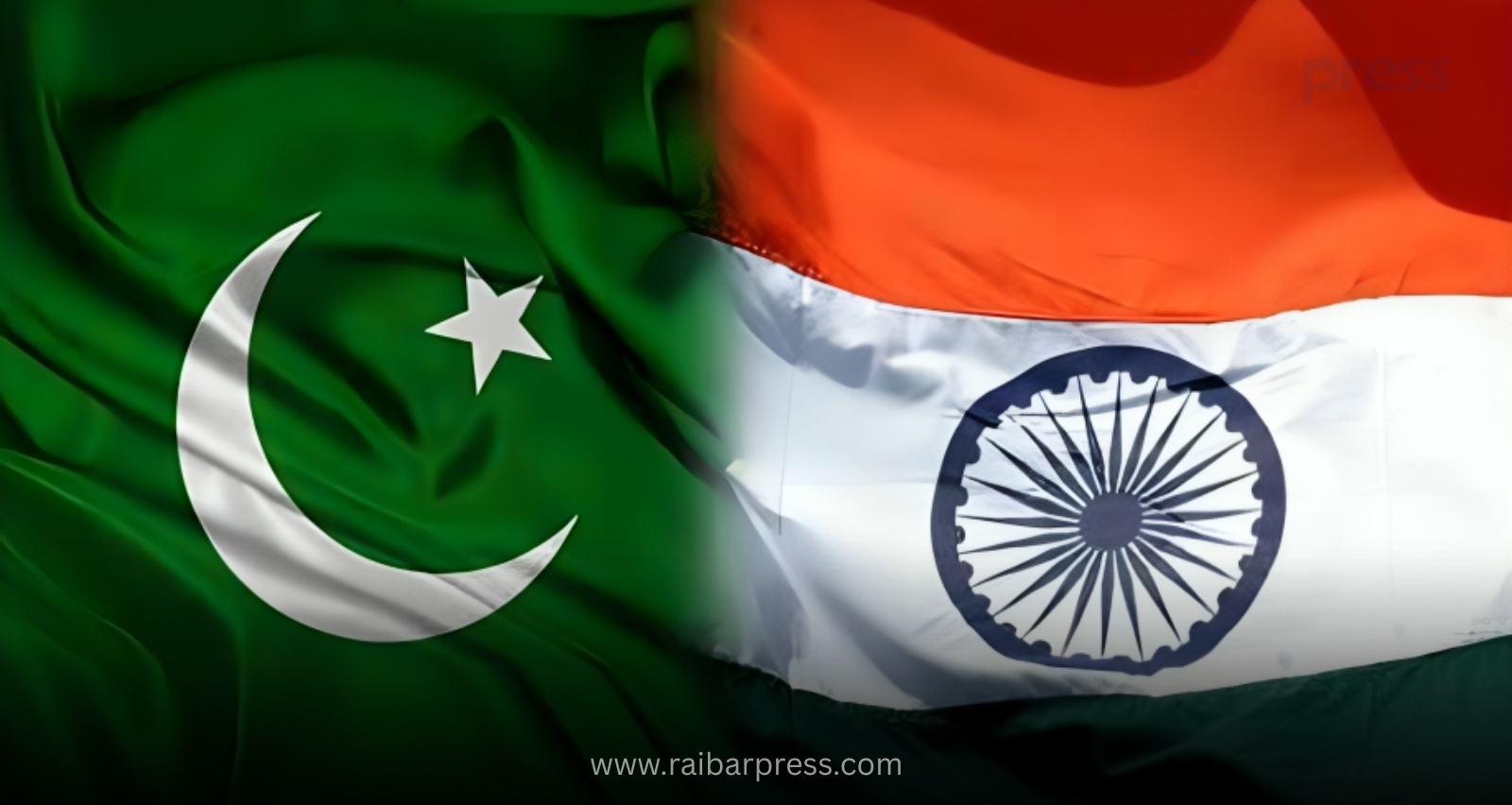
Even as India prepares for potential military action against Pakistan in response to last month’s terrorist attack in Kashmir, it is also deploying a parallel strategy: economic and diplomatic pressure designed to exploit Pakistan’s financial vulnerability.
On May 9, the International Monetary Fund (IMF) executive board is scheduled to meet in Washington, just blocks from the White House. Indian officials have indicated they may use the opportunity to urge the IMF to deny a $7 billion loan extension to Pakistan—a package considered critical for stabilizing Pakistan’s fragile economy and maintaining essential public services.
While Indian authorities have declined to confirm their specific intentions publicly, several domestic media reports suggest New Delhi may also be quietly lobbying against other international aid sources for Pakistan.
India has, in recent weeks, explored a range of non-military tactics to increase pressure on Islamabad. On April 23, New Delhi announced its withdrawal from the Indus Waters Treaty, a river-sharing agreement in place since 1960. Islamabad decried the move as “an act of war.”
In addition to formal diplomacy, India has also exercised soft power. Following the attack in Kashmir, Indian platforms restricted access to Pakistani musicians and cricketers on social media—mirroring the way India previously banned Chinese-owned TikTok after border clashes in 2020.
India further declared a complete trade severance with Pakistan, although bilateral trade had already dwindled to minimal levels. Indian exports to Pakistan included sugar, pharmaceuticals, and chemicals, while Pakistan's exports to India were valued at merely $2 million prior to the latest escalation.
Behind the scenes, Indian officials are reportedly advocating for financial institutions to penalize Pakistan economically. According to Sudipto Mundle, former chief economist at the Asian Development Bank in New Delhi, it is likely India would take a position against further loans to its adversary.
“These institutions resemble corporate banks, but in reality, they are very political,” said Mundle, now Chairman of India’s Center for Development Studies. “Loan decisions are often influenced by geopolitical alignments.”
He recalled a precedent from 1998, when the Asian Development Bank canceled an approved loan to India following its nuclear weapons tests, citing global backlash. Now, however, India’s global standing has improved significantly.
India’s economy is ten times the size of Pakistan’s, and its strategic importance—especially as a democratic counterweight to China—has won it favor in the West. Just hours after India conducted strikes on Pakistani targets, it finalized a free trade agreement with the United Kingdom. Deals with the United States and European Union are reportedly in progress.
Still, some financial institutions may be hesitant to deepen Pakistan’s instability. Many have invested heavily in programs aimed at improving Pakistan’s debt sustainability and currency management, and may prefer cautious engagement over economic isolation.
India recently denied lobbying the Asian Development Bank directly to halt aid to Pakistan. However, it has not refuted claims that it may seek Pakistan’s return to the Financial Action Task Force (FATF) gray list, which restricts a country’s access to global financial markets. Pakistan was removed from the list in 2022 after years of reforms.
Former Indian High Commissioner to Pakistan T.C.A. Raghavan noted that India’s real leverage now lies in its strengthened international alliances, particularly with Gulf nations, Europe, and the United States.
“The equations have changed very dramatically over the past decade,” Raghavan said. “After the 2008 Mumbai attacks, most countries began to understand the depth of the threat India faces.”
As military and diplomatic strategies unfold in parallel, India appears increasingly determined to isolate Pakistan not just through conventional force, but also by limiting its access to global economic lifelines.
By Alex Travelli/nytimes input




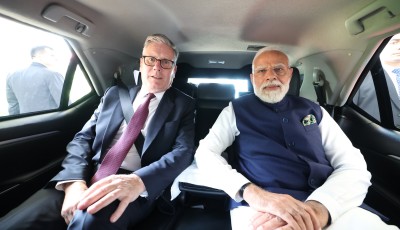
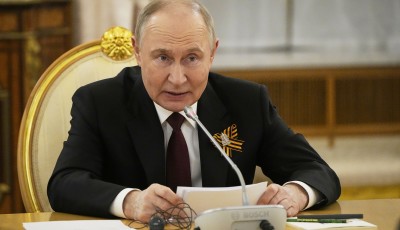

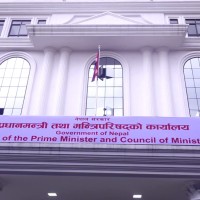
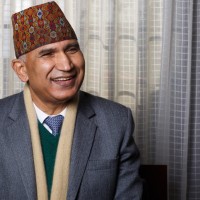


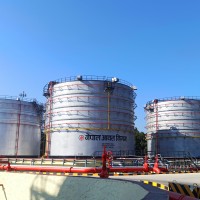

तपाईको प्रतिक्रिया दिनुहोस